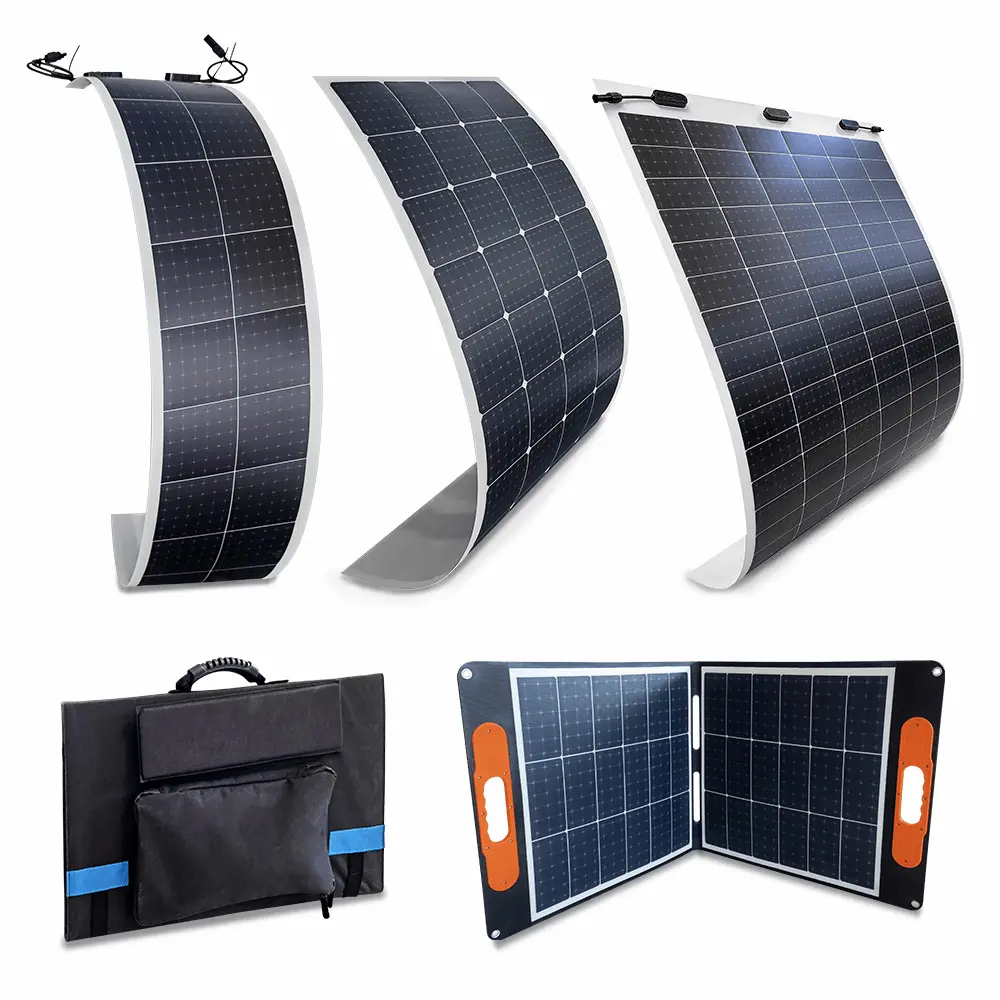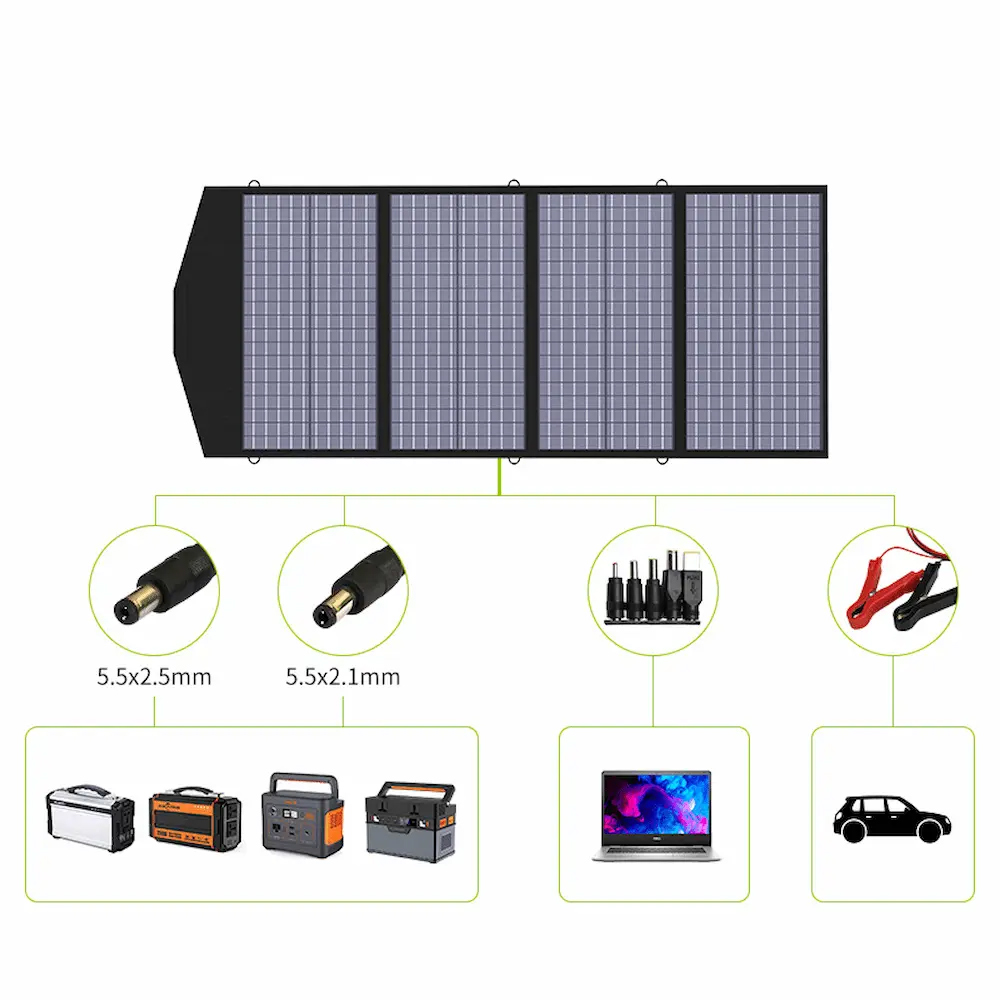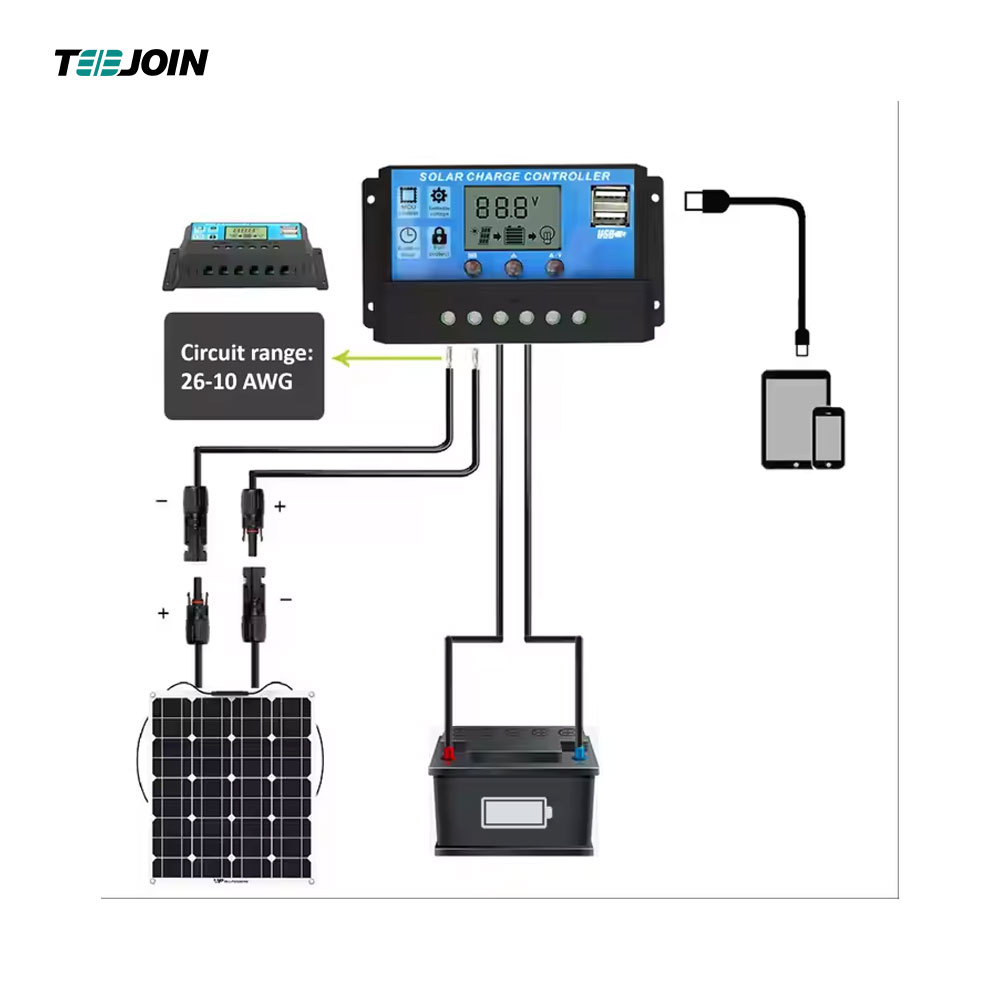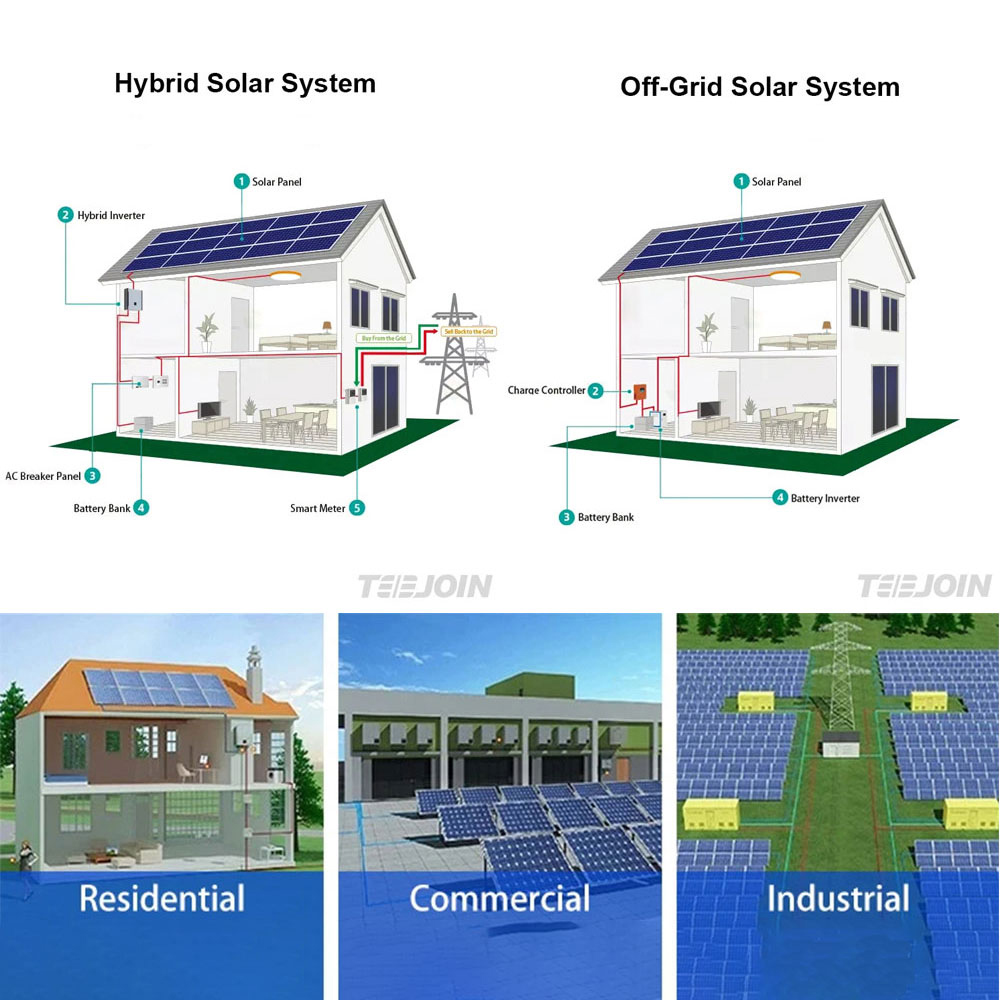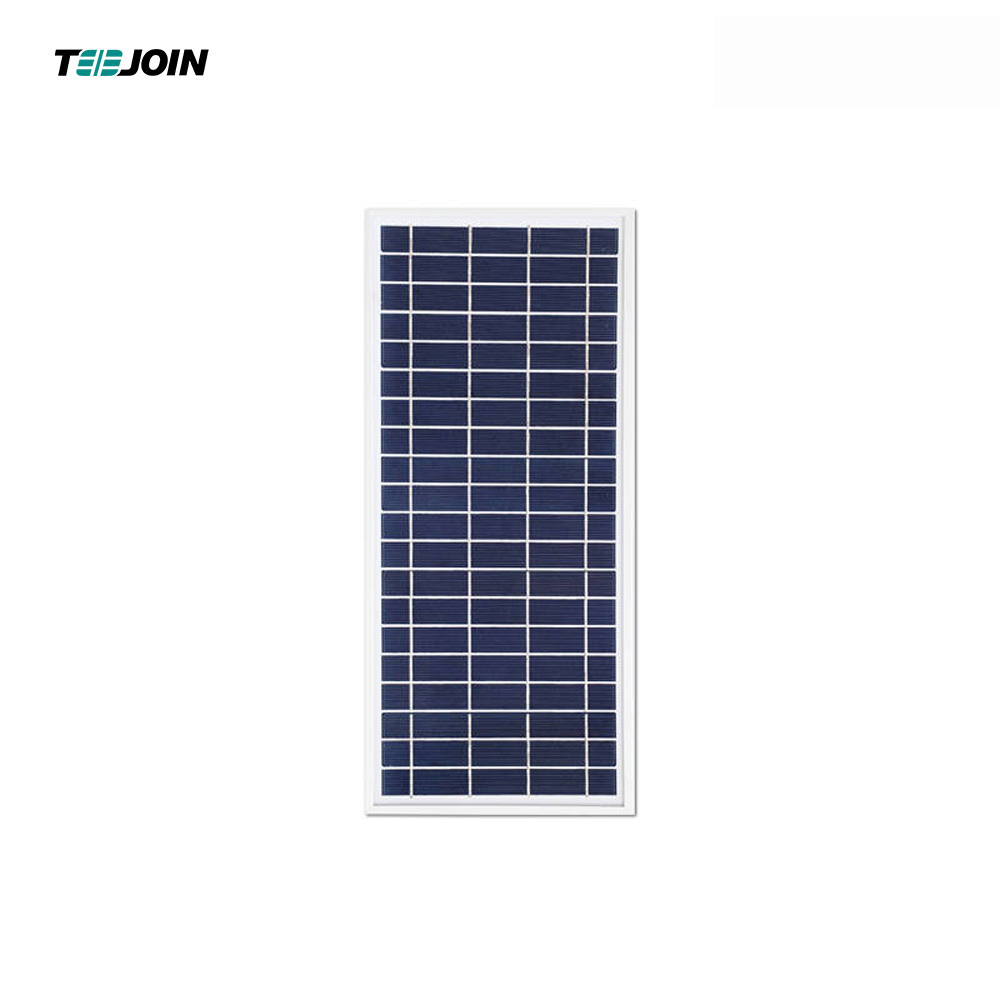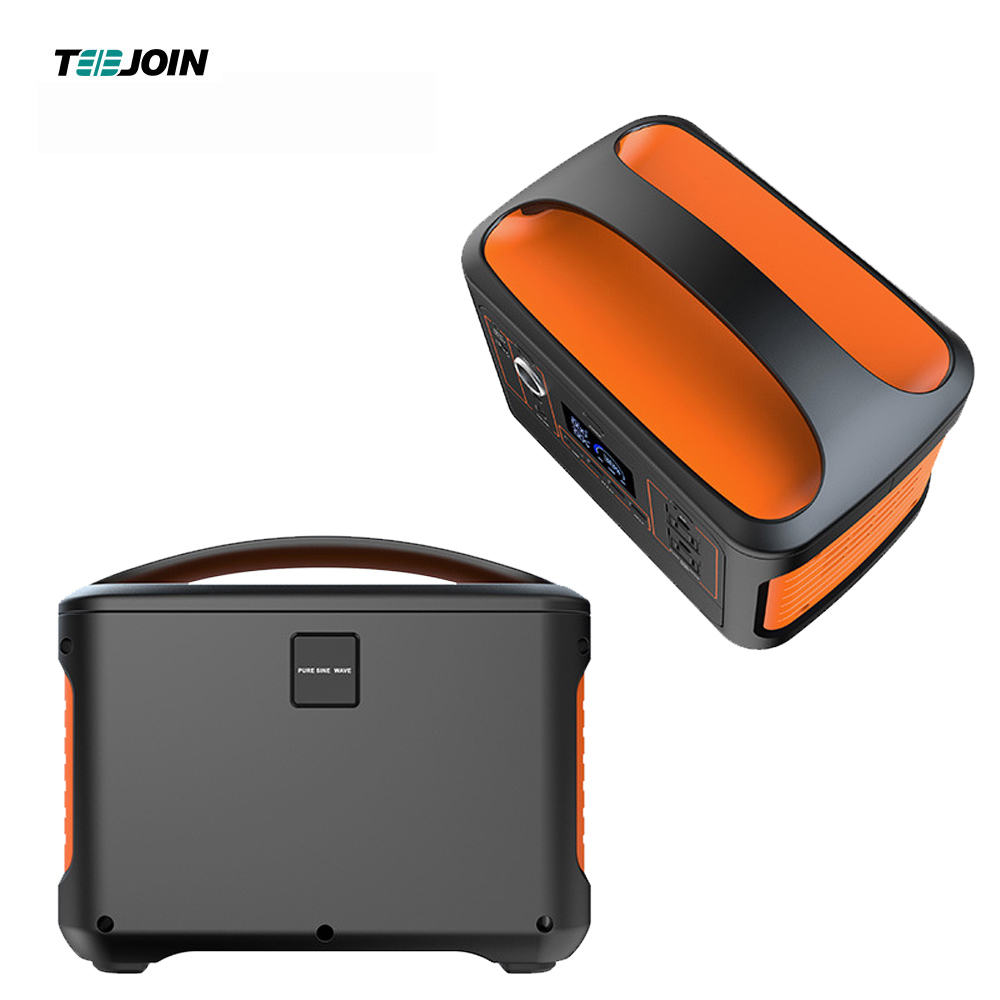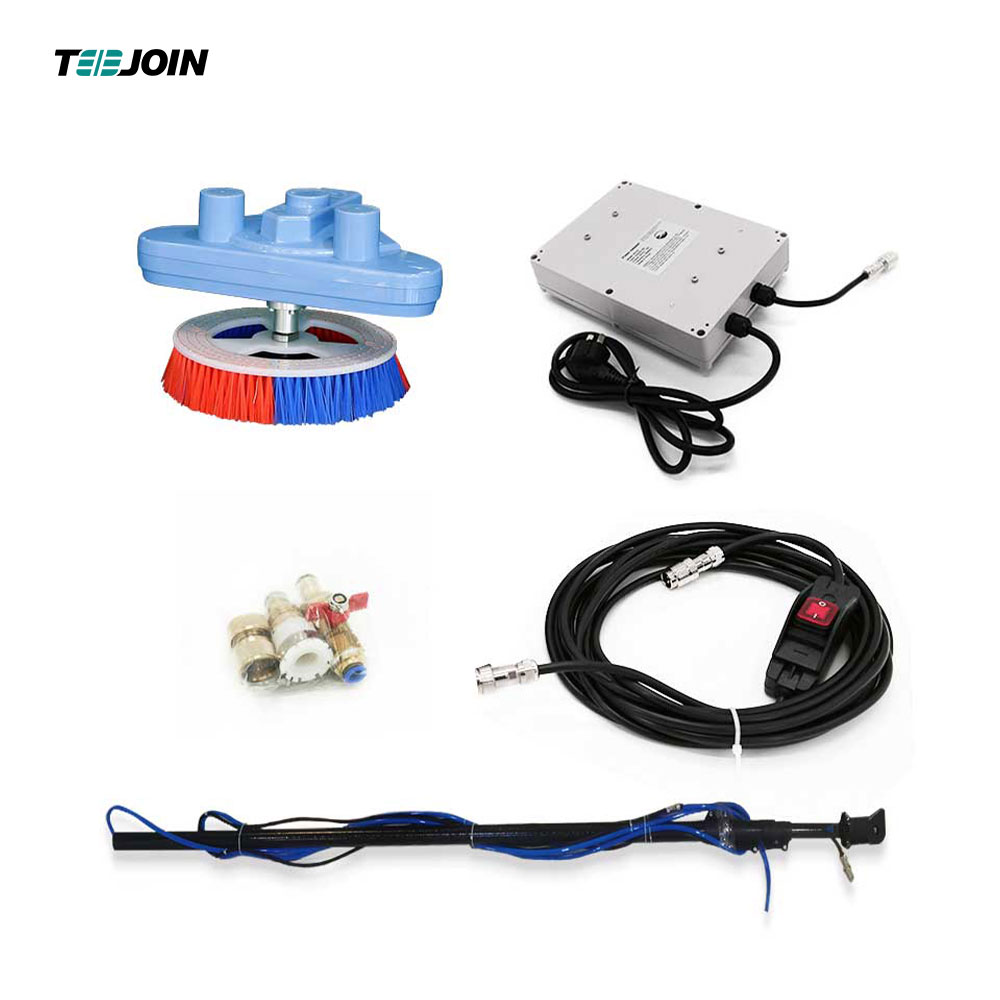Best Off Grid Solar Power System-Portable Solar Panel
Choosing the Best Off-Grid Solar Electric System - A Buyer's Guide to Portable Solar Panels
For the best off-grid solar electric system - portable solar panels buying advice, here are some suggestions:
Selecting High-Efficiency MWT Solar Panels
MWT Solar panels: Choose high-efficiency solar panels to ensure that their output is sufficient for your needs. You may consider purchasing panels with solar trackers to maximize the efficiency of solar energy absorption.
Solar flexible panels have the following advantages:
LIGHTWEIGHT AND PORTABLE:Solar flexible panels are made of lightweight and thin materials, which are lightweight and easy to carry and move around, making them perfect for outdoor activities and traveling.
Flexibility:Because they are made of flexible materials, solar flexible panels can be bent and curved to fit various irregular surfaces, such as tents, car roofs, etc. They are much more flexible.
High Efficiency:Flexible solar panels are usually manufactured with high-efficiency solar cells, which are able to generate more power in a smaller area and increase energy utilization efficiency.
Durability:Flexible solar panels are highly durable and can resist a certain degree of impact and bending, making them suitable for use in outdoor environments.
Effective in low-light conditions:Compared to traditional silicon panels, flexible solar panels can effectively generate electricity in low-light conditions, making them suitable for use in cloudy or dark environments.
Aesthetics:Flexible solar panels have a stylish appearance and can be integrated with various equipment, buildings, etc. without affecting the overall aesthetics.
With the advantages of lightweight portability, flexibility, high efficiency, durability, adaptability to low-light conditions and aesthetics, solar flex panels are an ideal solar power solution.
Quality Solar Energy Storage System Options
Solar Storage system: Shop for a high-quality solar energy storage system, such as lithium batteries. Ensure that the storage system is large enough to continue to supply power at night or on cloudy days.
An energy storage system usually consists of the following components:
Battery packs:Battery packs are the core component of an energy storage system and are used to store electricity converted from solar or other energy sources. Common battery types include lithium-ion batteries, lead-acid batteries, etc.
Battery Management System (BMS):The BMS is responsible for monitoring and managing the charging and discharging process of the battery pack to ensure the safety and stable performance of the battery.
Solar Inverter:The inverter converts stored DC power into AC power for use by household appliances or other devices.
Solar Charge Controller:The charge controller is used to manage the process of charging the solar panels to the battery bank, ensuring charging efficiency and battery life.
Battery Bracket:The battery bracket is used to support and secure the battery pack to ensure a safe and stable installation in the desired location.
Power Distribution System:The power distribution system distributes the stored electricity to household appliances or other devices to meet different power needs.
Monitoring system:The monitoring system is used to monitor the operating status, battery capacity, charging and discharging efficiency and other parameters of the energy storage system in real time, which helps users to understand the operation of the system and make adjustments to optimize it.
The structure of the energy storage system consists of a battery pack, battery management system, inverter, charge controller, battery bracket, power distribution system and monitoring system, etc. The components work together to realize the efficient storage and utilization of solar energy.
Solar Inverter Power Requirements
Solar Inverter: Choose the right inverter for your needs to convert solar electricity into usable AC power. Make sure the inverter has adequate power output and safety protections.
The role of a solar inverter is to convert the direct current (DC) generated by solar panels into alternating current (AC) to supply home appliances or to transfer excess power to the grid.
Specifically, the role of a solar inverter includes:
Converting the form of electricity: solar panels produce DC electricity, while most household appliances use AC electricity. The inverter converts DC power to AC power, allowing solar power to be supplied directly to household electrical appliances.
Optimize power quality:Inverters can adjust the current and voltage so that the output AC power meets the working requirements of household electrical appliances, improving the efficiency of power utilization.
Monitoring and protection:Inverters usually come with a monitoring system that monitors power output, system operation status, etc. It also protects appliances and the grid from overloads, short circuits and other problems.
Connection to the grid:If the system generates more power than the household needs, the inverter can deliver the excess power to the grid, realizing the interconnection between the solar power system and the grid.
Overall, the solar inverter is a crucial component of a solar power system that enables the efficient use and management of solar power by converting DC power to AC power, optimizing power quality, monitoring and protecting system operation, and enabling connection to the grid.
Solar Charge Controller Considerations
Solar Charge Controller: Purchase a high-quality solar charge controller to ensure a safe and reliable charging process and to protect the battery from overcharging or overdischarging.
A solar charge controller, also known as a solar regulator, is a device that regulates the voltage and current coming from solar panels to the battery. Its main function is to control the charging process and prevent overcharging or deep discharging of the battery.
Key functions of a solar charge controller include:
Voltage Regulation:The controller ensures that the voltage from the solar panels is at the optimal level for charging the battery. It prevents overcharging by regulating the voltage.
Current Regulation:It regulates the current flowing from the solar panels to the battery, ensuring that the battery is charged at the correct rate.
Battery Protection:The charge controller protects the battery from overcharging, which can reduce the battery's lifespan, and from deep discharging, which can damage the battery.
Temperature Compensation:Some advanced charge controllers have temperature sensors to adjust the charging voltage based on the battery temperature, optimizing the charging process.
Load Control:Some charge controllers also have load control functions, allowing you to connect DC loads like lights or small appliances directly to the controller for power management.
Solar charge controller plays a crucial role in ensuring the efficient and safe charging of batteries in a solar power system, extending the battery life and maximizing the system's performance.
Portable Solar Panel Design Convenience
Portability: Choose a solar electric system with a portable design that is easy to carry and move around. Consider purchasing a system with handles or wheels to make it easier to carry during outdoor activities.
Flexibility and Expandability Considerations
Expandability: Consider purchasing a solar electric system that is expandable to allow for additional solar panels or storage capacity as needed.
Flexible Solar Panel Brand Reputation Importance
Solar Panel Brand Reputation: Choose a solar electric system from a well-known brand to ensure product quality and after-sales service.
Foldable Solar Panel Balanced Budget
Solar Panel Budget: Choose the right solar electric system according to your budget and balance the relationship between performance and price.
Budget is an important consideration when choosing a solar electric system. The right system needs to be selected based on the budget, balancing the performance of the system with the price. This means that a suitable balance between system performance and price needs to be found to ensure that the system meets the needs and is within an acceptable price range.With proper budget planning and selection, it is possible to ensure that the solar electric system operates efficiently and economically, providing customers with a reliable clean Solar energy solution.
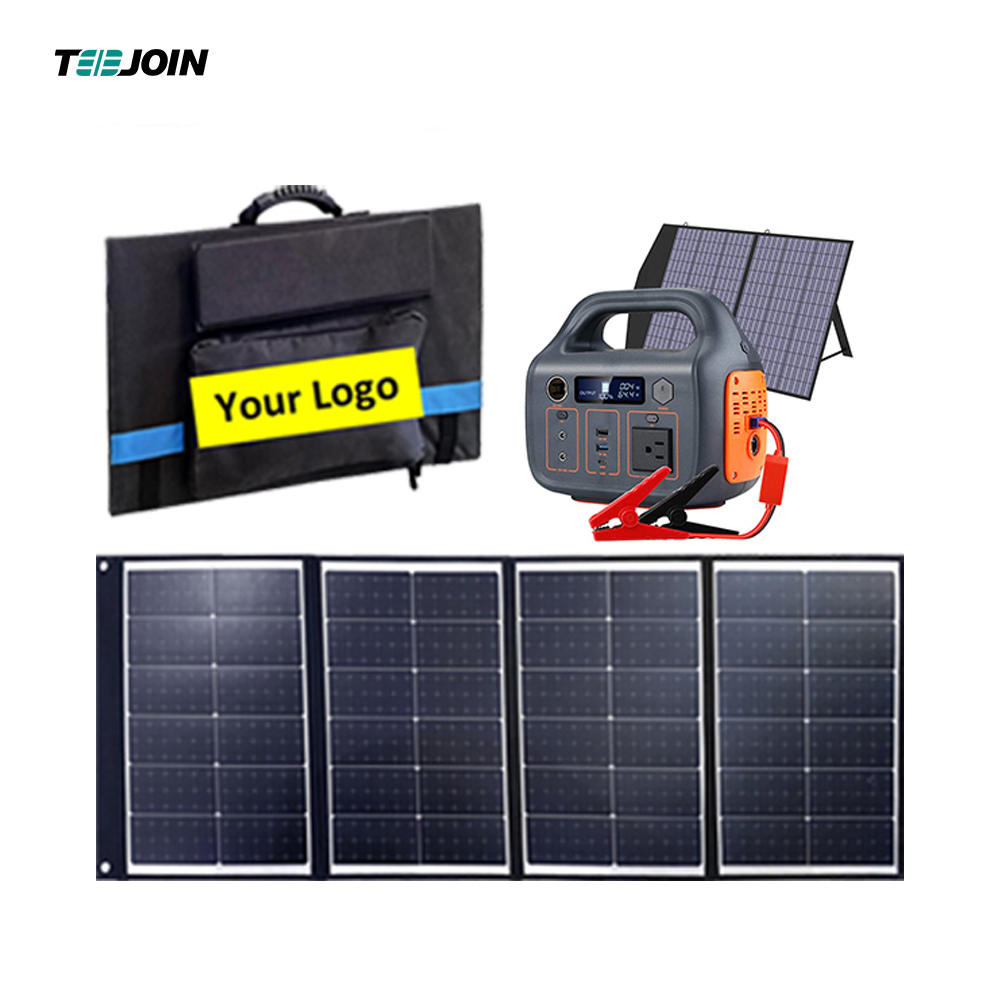
To summarize, the above suggestions can help you choose the best off-grid solar electric system - portable solar panels. Wish you happy shopping!
More Product Picks
Follow us ! TEEJOIN SOLAR










